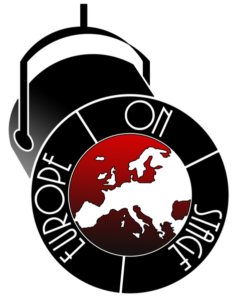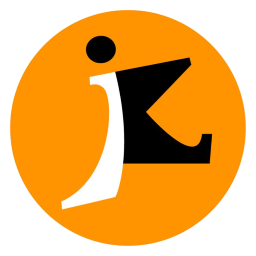About This Project
Europe On Stage

10. – 19.05.2014
Europe on Stage (10th – 19th of May, 2014) was an international training course focused on the intangible, oral and verbal cultural heritage along with the current situation of the cultural and social mainstream of the seven participating countries: Bulgaria, Ireland, Greece, Lithuania, Portugal, Denmark and Germany.
25 participants from the countries mentioned above did research on the identification process of national myths, fairy-tales, popular stories, anecdotes, sayings and proverbs which represent a reference point of the European cultural heritage and are a perfect example of the stereotypical representation of nationalities.
The main concerns of the project include particularly social integration and cohesion; an important point according to multiculturalism due to the mobility of European citizens, economic migration, workplace and cultural mobility. On the other hand, xenophobia, economic and social racism are still issues of crucial importance in Europe which have become more visible during the economic and social crisis in Europe.
The participants worked together on preparing a performance guided and facilitated by the theatre practitioner and researcher Nikoletta Dimopoulou.
By showing a re-appropriation of the tourism campaign spots of the participating countries, presenting fairy tales which are used allegorically to reveal the social and cultural status and issues of these countries and by telling national racist jokes, the performance, which took place on the 17th of May 2014 in ‘Laboratorium’ in the industrial zone of Dresden, the participants raised the audience’s awareness with regards to socio-economic and cultural issues; the mentality along with the stereotypes of the participating countries.
The theatre performance took place place at LABORATORIUM (Meschwitzstr. 15, 01099 Dresden) on the 17th of May 2014, 8.00 pm.
Project venue: Dresden
Participating countries: Bulgaria, Denmark, Greece, Ireland, Lithuania, Portugal, Germany
This project was funded by the European programme YOUTH IN ACTION and Wir für Sachsen.
The project is co-financed by the European Commission through the Erasmus+ Programme
The European Commission’ssupport for the production of this publication does not constitute an endorsement of the contents, which reflect the views only of the authors, and the Commission cannot be held responsible for any use which may be made of the information contained therein.


